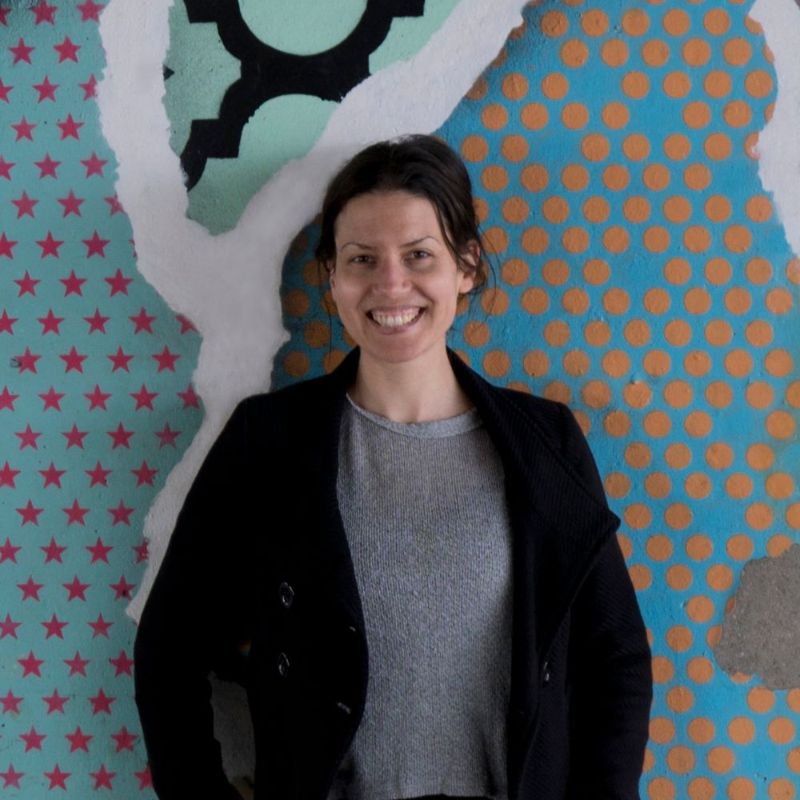Celebrating Research: Hannah O'Rourke
Allie Voisin - 3 January 2022

Dr. Hannah O'Rourke, Assistant Professor at the University of Alberta Faculty of Nursing. Photo: Supplied
From the start of her nursing training, Dr. Hannah O'Rourke's interactions with people living with dementia always stayed with her. She wondered what could be done to better support their experiences of quality of life. Fast forward to the present day, Dr. Rourke had dedicated her research program to exactly that; she strives to find innovative ways to respond to this need and to try to find effective, feasible ways to support feelings of connection experienced by people living with dementia and their family and friends.
Hear from Dr. O'Rourke on why this research is so rewarding, the challenges that come with it, and more through this Q & A.
How'd you get into your area of research?
When I was working on my doctoral studies, my Oma also developed dementia which progressed substantially during the course of my studies, and she passed away a few months after I moved away to Toronto for my PDF. My experience as her granddaughter and the daughter to parents who were her family carers continues to motivate me to find effective ways to support connection and quality of life within the context of these complex relational dynamics.
What’s the most rewarding aspect of your work?
Asking questions and working within teams to design studies to try to answer those questions. Actually looking at the data and working through the analysis with the team as we prepare manuscripts is also extremely rewarding---it is a chance to read, think and learn.
What’s the most challenging aspect of your work?
Finding productive ways to work through the feelings that come with ‘unsuccessful’ grants, and identifying innovative ways to move forward the work that matters to me and to the team.
Where do you want your research to be in 5 years?
I want to have generated a body of knowledge in relation to the use of personal contact and group activity interventions aimed to address feelings of social connectedness. The interventions show promise for use with people living with dementia, but I would like to have a solid foundation of intervention development work published to show their potential AND to make a strong case for why further research in this area will advance our knowledge of what works and advance theory that links social connection, loneliness and quality of life.
I want to continue to explore the use of a social support intervention for use with family carers of a person living with dementia in long-term care, considering adaptation for other groups (e.g., carers of a person with early-onset dementia) and better understand how to optimize the tools’ effects and potential for sustainability.
I want to keep developing my knowledge and expertise in the areas of pragmatic trial design and the application of mixed methods to advance understanding of intervention theory and effects.
What is something your coworkers do not know about you?
I love tiny succulent plants. I also really like Bonsai but have no success in growing one yet (working on it).
Where is your favourite place on campus?
My office lol.
Also, the area around SUB and QUAD always brings back good memories for me; I completed my undergrad here and those are nostalgic spaces.